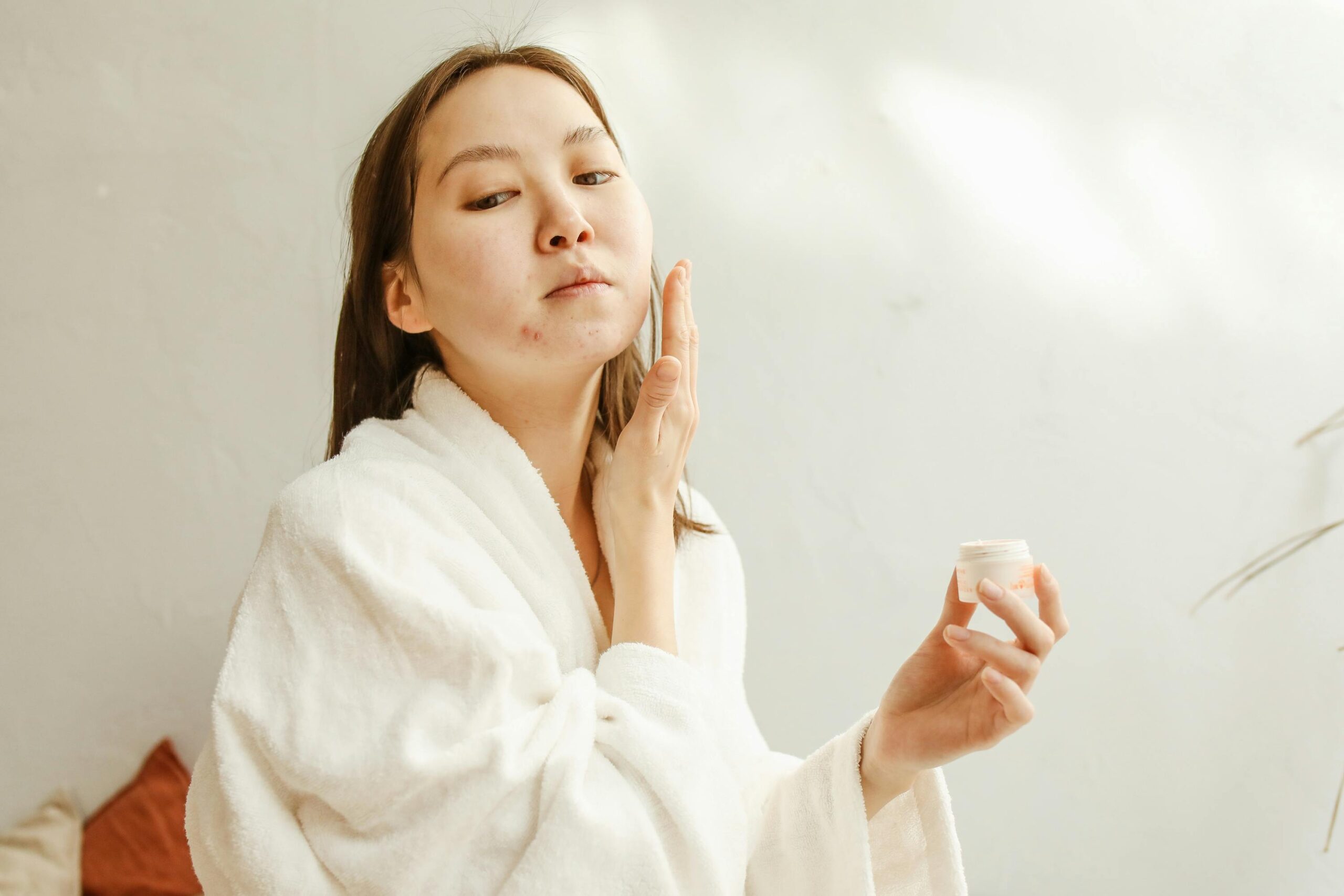
There’s a lot that goes into ensuring your skin is smooth and flawless. For starters, you should have a solid skincare routine that suits your skin’s special requirements. Secondly, you should identify the right products for your skin. A lot of women battle various skin conditions primarily arising from their choice of makeup, cleansing, and moisturizing products.
However, even with a good skincare routine, your skin may develop acne, breakouts, and other skin conditions because of hormonal and weather changes. Fortunately, most skin conditions are avoidable and preventable. For instance, using sunscreen and injectable treatments from The Luxe Room can prevent premature aging. You can avoid other common skin problems with the following tips:
1. Acne
Acne is an embarrassing blemish that affects women of all ages. 85% of women aged between 12 and 24 have experienced acne at least once. While it isn’t a serious skin condition, it has significant emotional and social effects. Most women with acne have impaired self-confidence, which affects their social life and productivity.
The severity of acne varies depending on the cause and other factors. Hormonal fluctuations, plugging hair follicles, and bacterial infections are three common causes of acne. You can reduce breakouts and regain clearer skin by doing the following:
- Washing your face – Washing your face once or twice daily with soap, water, or benzoyl peroxide prevents breakouts. Ensuring your face is clean eliminates bacteria and reduces inflammation that causes acne. Washing also cleans dirt and makeup that clogs pores on your skin.
- Using oil-free makeup – Most women use makeup to cover blemishes and dark spots on their skin. While this helps, you should be careful as some products can worsen breakouts. Avoid products with mineral oil, cold cream, and cocoa butter, as they aggravate acne.
- Don’t scrub your face with a washcloth – Always wash your face using your hands and only dry it with a clean towel. Scrubbing promotes acne formation.
- Use sunscreen and moisturizers made for the face – You shouldn’t use general lotions on your face, be it moisturizers or sunscreens. Most body lotions are heavy and clog your facial pores. Choose products with hyaluronic acid and glycerin for your face.
- Avoid exfoliating brushes – Women with acne should ignore the commercials touting the benefits of exfoliating brushes as they can worsen acne. Exfoliation increases inflammation, causing more acne bumps.
2. Dark circles
Dark circles and bags under the eyes primarily occur in sleep-deprived individuals. However, they can also develop because of allergies, fatigue, and aging. Advancing age leads to loss of fat and thinking of the skin, increasing visibility of the reddish-blue vessels under the eyes. You shouldn’t rush into using makeup to cover these blemishes.
You should first consult your doctor to rule out allergies as the potential cause. Applying creams with cortisone or caffeine can prevent the appearance of dark circles by shrinking blood vessels temporarily. If they are visible, your dermatologist may suggest using a cold compress or book you for surgical procedures or injectable fillers to make them less visible.
3. Stretch marks
Stretch marks are unappealing white or red lines that appear under the belly or thighs due to weight gain or pregnancy. While they aren’t a serious health concern, stretch marks affect your emotional and mental health. Most women with stretch marks are less self-confident and uncomfortable wearing some clothing. Avoiding stretch marks, especially during pregnancy, is impossible. However, the following tips can reduce your risk of developing stretch marks:
- Hydration – Drinking caffeine and lots of water hydrates and softens the skin, reducing the risk of developing stretch marks.
- Diet – Proteins, vitamins, minerals, especially zinc, and other foods that improve your skin health can prevent the appearance of stretch marks.
- Exercise – Regular exercises increase blood circulation and stimulate the production of collagen, which helps maintain the skin’s elasticity.
Treating stretch marks is difficult. However, they become less visible with time. Nonetheless, you should see a dermatologist who can recommend chemical peels, dermabrasion, or surgical options.
Love the skin you’re in!
The importance of healthy skin goes beyond its looks. Ensuring your skin is glowing requires that you protect it from damaging factors, such as UV exposure. Dermatologists also recommend wearing sunscreen daily, using simplified skincare, and the use of skin care products formulated for your specific skin type.

















